When you purchase a new piano, you can be comfortable you are purchasing an instrument that will provide high quality sound with a warranty to back up any potential problems in the near future. But when you purchase a used piano, it’s an entirely different process.
If you buy it from some shady dealer operating out of his home, you could be looking at BIG money to bring it up to playable standards, and have costly repairs for an indefinite period of time.
To avoid purchasing a used piano disaster, there are a few precautions you can take along the way to identify any potential problems. Looks can be deceiving; it isn’t looks that give a piano its playability. Use these tips to help you find the right used piano for you.
Start by examining the exterior of the piano.
- Chipped or crooked piano keys can be a sign of internal abuse. If a keyboard is showing its age on the outside, it may have problems on the inside. Strike each key several times and test out its playability. Look for keys that are silent, notes that don’t hold their lengths, off pitch notes, keys that sound like they are playing multiple notes at the same time, and any buzzing noises or strange vibrations.
- Cloudiness in the piano’s finish, cracks or other finishing problems can be a sign of weather damage. In some cases it can be caused by humidity; in others it may be a sign of flooding. In all cases, if you see signs of damage on the outside, assume the inside has received the same harsh treatment. You can also check for signs of sun damage – discoloration in the finish can mean that sunlight has warped sections of the wood and has harmed the sound quality.
- Also check for unresponsive pedals. If pedals are easily pushed and released, almost with a bounce-like quality, they most likely have become detached . Pedals that don’t move at all can be a sign of an even bigger problem. Even if you aren’t planning on using the pedals, pay attention anyway as they can be a sign of internal problems.
Then move to the interior of the piano.
- Look for damage to the soundboard. The soundboard is the large piece of wood underneath the grand piano, or behind an upright. If there are any cracks or if the board is warped, it can lead to a strange buzzing or rattling sound. Also check to see if any of the reinforcement pieces have become unglued or are loose. If this happens, they can vibrate against each other, which can cause a slight buzzing sound when the keys are pressed. Also look at the bridge – the piece of wood that holds up the strings. If this is cracked or damaged, it will cause a buzzing sound and further damage is eminent.
- Check the pinblock for damage. The pinblock is a wooden piece near the bridge that holds the tuning pins for each string in place. If this piece of wood is damaged, it can loosen the tuning pins and cause bad pitch as the notes are played.
- Finally check the hammers and look for wear. Each hammer is covered in felt. If the hammers have been used to the point of wear marks in the felt, it can signify a compromise to the timbre itself. You cannot re-glue felt, it will impact the overall sound quality. You can tell if the timbre has been compromised by playing each key and listening for harsh or clumsy tones.
To ensure a quality used piano from the start, look at the reputation of the dealer you are considering making the purchase from. Its often said “you get what you pay for”, and with a piano, its definitely true.
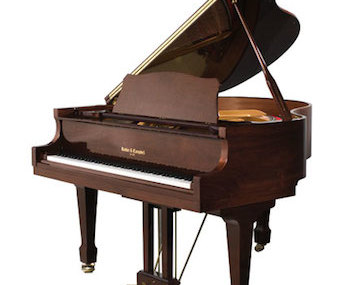
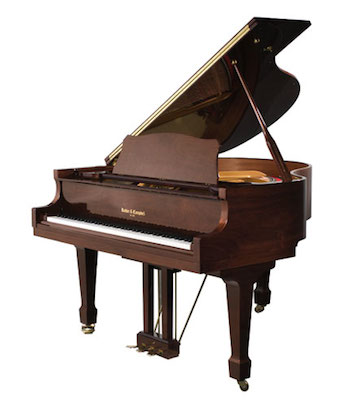
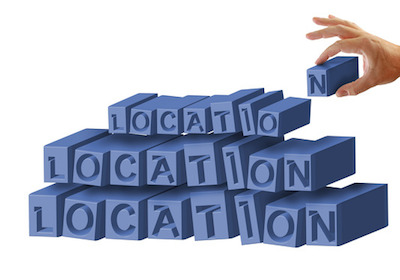
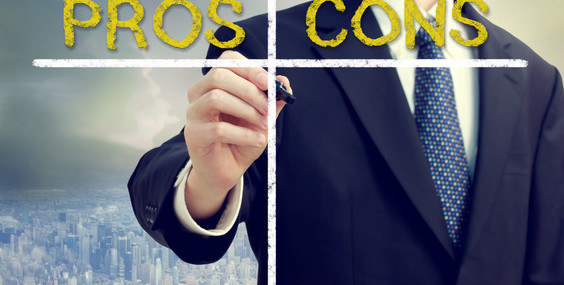
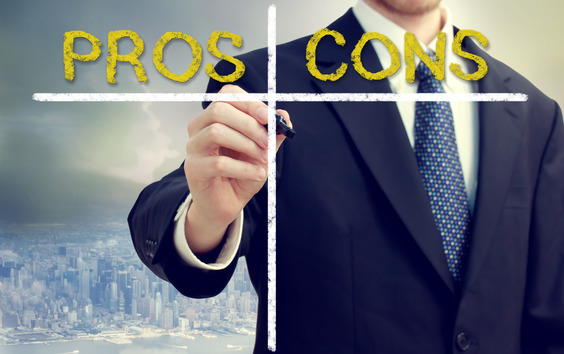
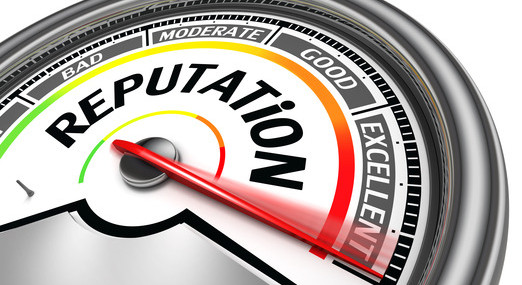
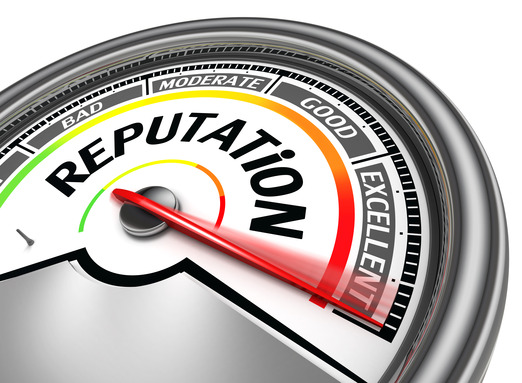 Lots of questions, and finding the right answers can sometimes be confusing. But it doesn’t have to be. Not if you select a reputable piano dealer with these traits.
Lots of questions, and finding the right answers can sometimes be confusing. But it doesn’t have to be. Not if you select a reputable piano dealer with these traits.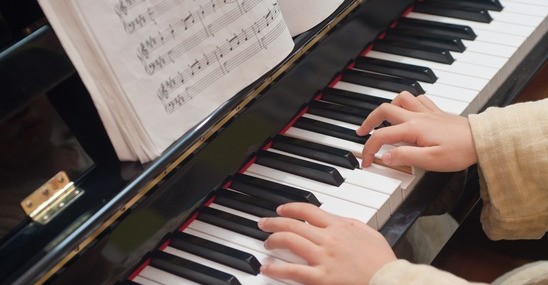
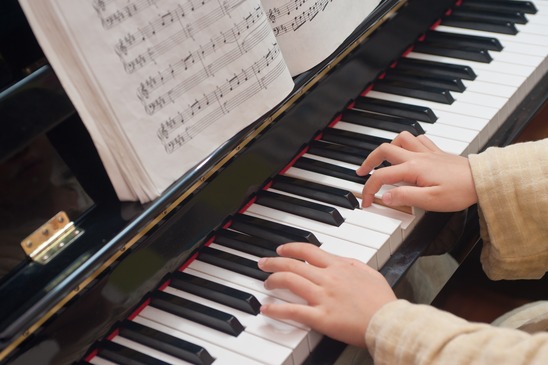


 Who will be using the piano?
Who will be using the piano?


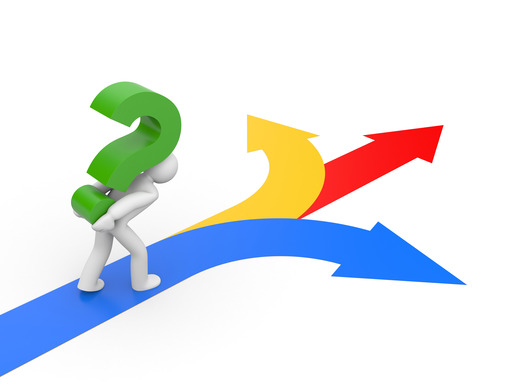 It can be a very difficult process indeed.
It can be a very difficult process indeed.
